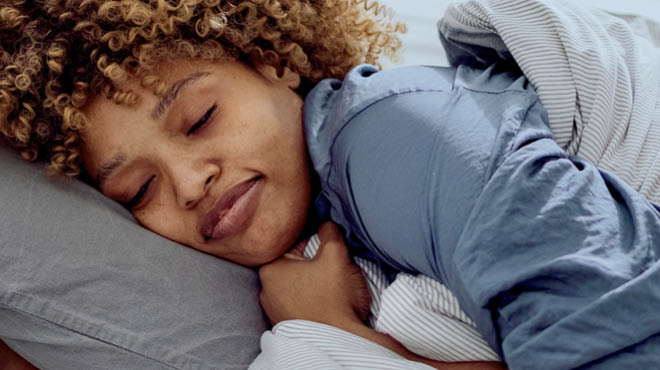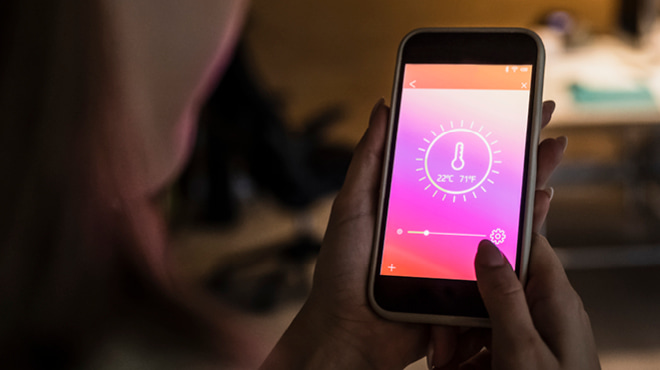Recent Posts
Why do we dream? A neurologist responds to an eighth-grader's questions

Have you ever dreamt that you could fly or lost all your teeth or were late for a big test? Our dreams could be soothing, frightening or mysterious and many times raise questions about their meanings.
Just in time for National Sleep Awareness Week in March, Lauren Hendel, a student at Durand Junior/Senior High School in Durand, Wisconsin, was curious about dreams and contacted Timothy Young, M.D., a Mayo Clinic Health System neurologist and sleep medicine physician, to get his thoughts.
Here are few of the dream Q&A:
Why do we dream?
Neuroscientists are not sure why humans and other animals dream. Sleep and, especially, dreaming are risky activities, considering that the sleeper is vulnerable to predators and other dangers, so it must be an important activity that helps us survive. The best theories are that dreams are a means of eliminating unnecessary information and memories while processing the important data. Many people feel more refreshed after having dreaming sleep.
Why do we have trouble remembering our dreams?
Unlike our lives while awake, dreams are not "real" experiences but instead represent a processing phase. Therefore the mind probably doesn't mark them as worth remembering. Furthermore, it is hard to remember anything that happens overnight, because sleep makes us forget. We are most likely to remember the last dream we had just before waking up in the morning.
Do dreams have an underlying meaning?
The meaning of dreams is determined by the dreamer. There are certain dream themes that are common (e.g., trying to get away from a pursuer, taking a test without being prepared), but this is probably because worrying about these types of activities also is common. Who hasn't worried about a test?
Do you feel that dreams predict the future?
I don't think dreams predict the future any more than we can predict the future while we are awake. We might subconsciously see patterns in our lives that predict what will happen next. If I don't like competition, I might dream about failing in a race. When the gym teacher organizes a swimming race and I don't do well, is that because the dream predicted my failure or because I don't like races?
If you are dreaming of a better night's sleep, contact your local Sleep Medicine expert.






